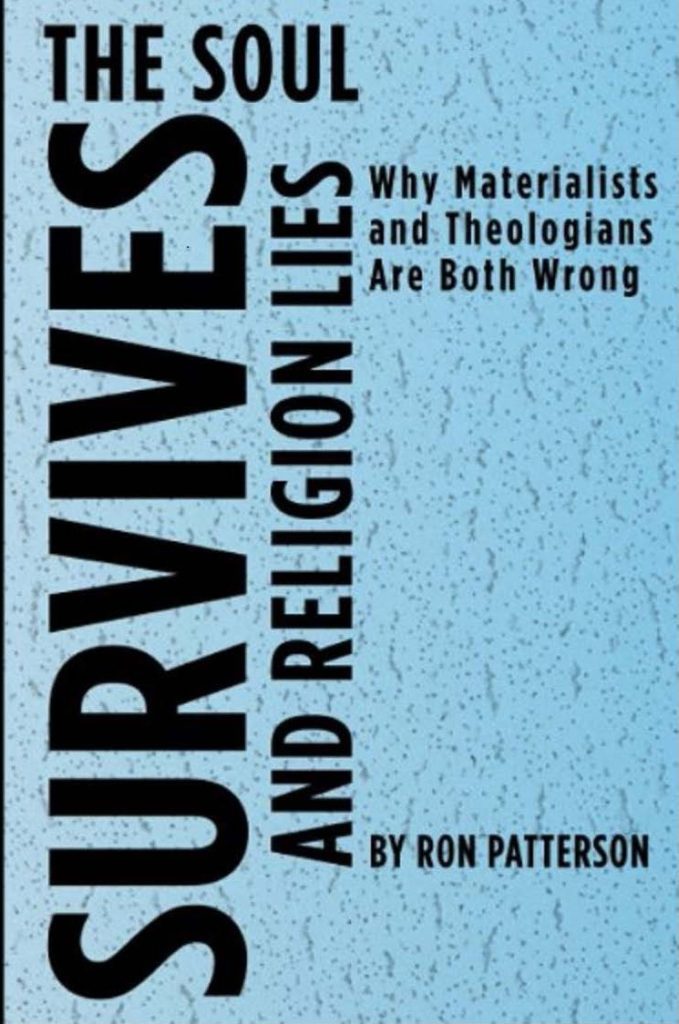The Case for Atheist Philosophy and Logic: A Rational Path
There has never been a more pressing need for a lucid, rational approach to comprehending life in a world full of conflicting ideologies, spiritual interpretations, and ancient writings. That is where an atheist philosophy book’s power really comes into play. “This Changes Everything” by Ron Patterson offers an insightful and surprisingly rational perspective on belief, life, and purpose.
Both a spiritual atheist book by Ron Patterson and a book about atheism and logic, it gives readers a road map for navigating the intricacies of the human experience without turning to supernatural explanations.
Why Read an Atheist Philosophy Book Today?
It is critical to return to the foundation of reason, logic and clarity, at a period where misinformation spreads easily and the emotional arguments dominate in public discourse. An atheist philosophy book more than critique religion. It provides a full philosophical counterpoint founded on rational inquiry as well as common sense.
Ron Patterson’s book on spiritual atheism doesn’t try to tear down belief systems, but merely solicits the question: “What happens when we take away the unverifiable?” This is the kind of book on atheism and logic that is intended to reconstruct purpose and ethics on the basis of evidence, experience, and introspection. It is not the negation of meaning; it is the quest for true meaning without myth.
This Changes Everything: A Unique Spiritual Atheist Book by Ron Patterson
This Changes Everything is unique among philosophical literature because it combines spirituality and logic. Ron Patterson’s spiritual atheist book delves deeper than the rejection of gods, which is the sole focus of many atheistic works. It fills the existential and emotional vacuum frequently left by religious skepticism. Patterson provides purpose in place of nihilism. He encourages reflection rather than preaching.
Here, common sense and atheism combine to create something more sustainable. “This Changes Everything” is a call to look at life more objectively, not merely a critique of religious doctrine. Patterson argues for a human-centered philosophy that is both grounded and compassionate by using examples from psychology, neuroscience, and daily life.
What Sets This Atheist Philosophy Book Apart?
Few books on atheism tackle the subject with such humility and balance, despite the abundance of books on the subject. This Changes Everything stays away from the harsh tone that some pieces in the genre use. Rather, it is a genuine book about logic and atheism—a thoughtful, compassionate examination of life that honors the human need for meaning, community, and connection.
The book stays clear of the over-intellectualizing trap by emphasizing atheism and common sense. It invites a conversation between the skeptic and the inquisitive believer. It invites a calm, deliberate conversation about what it means to live well without depending on religious narratives rather than launching a philosophical “war.”
How This Book Inspires the Spirit Without the Supernatural
You might be wondering how Ron Patterson’s spiritual atheist book can be both spiritual and denial of the supernatural. Redefining what “spiritual” means is the solution. Spiritual development in This Changes Everything isn’t about doctrine; rather, it’s about introspection, relating to others, and appreciating life’s mysteries without tying them to unverified assertions.
The book shows that, within a reasonable framework, spirituality can emerge from compassion, understanding the mind, and accepting the wonder of life. This combination of atheism and common sense is what makes the book so approachable and significant to a broad readership.
Final Thoughts
There has never been a greater need for compassionate, logical conversation. We must base our responses on reason, compassion, and clarity as the world’s problems grow, from political division to climate change. White Crow, a book by Ron Patterson about atheism and logic as well as spiritual atheism, gracefully and intelligently satisfies this need.
This book on atheist philosophy is a great place to start if you’re exploring philosophy, doubting your faith, or simply looking for meaning without dogma. It asks you to think, not to believe. It redefines wonder rather than dismisses it.


